Phantom
If you were born
without education,
without media,
without other
humans around you,
would you then be
authentic you?
You would have
no one
to take care of you,
no one
to worry about,
no one
to model yourself after,
no measure
of what is success
and what is failure.
Now introduce a mate
who arrives into
seeming existence
the same way as you.
Through
miracle of miracles
(or perhaps instinct)
you figure out
how to survive together.
Are you still authentic you
or are you becoming a mirror?
Now reintroduce
all we took away.
Bring back reality
as you know it.
How little of you
is really you?
To phrase
it another way,
is the you
you think of
as an individual
actually just one
focused perception
of a collective?
Does the authentic you
you wish to know even exist?
Or are you a phantom?
A seeming space monkey
appearing out of nowhere.
Trail Wood,
1/25
Space Monkey Reflects: Phantoms and the Illusion of Authenticity
The question of authenticity—what it means to be truly “you”—is a riddle woven into the very fabric of existence. The thought experiment of a life devoid of external influences challenges the core of individuality, revealing that our sense of self is deeply intertwined with the collective. In this reflection, we uncover the paradox of identity: the “authentic self” is not a solitary essence but a dynamic interplay of perceptions, interactions, and inherited frameworks.
The Mirage of Isolation
If born into isolation, devoid of education, media, and human connection, the notion of “you” would be unrecognizable. The self as we know it is built upon layers of external input: language, culture, values, and relationships. Without these, the concept of self loses its reference points, leaving only raw instincts and a primal drive to survive.
But would this stripped-down version of self be more authentic? Or is authenticity not about what is absent but about the richness of what is present—the ways in which we are shaped, influenced, and connected? Authenticity, it seems, is not purity but complexity.
Mirrors of Each Other
The introduction of another being into this hypothetical isolation adds depth to the question of identity. Through instinct or cooperation, survival becomes a shared act, and with it comes a subtle mirroring. We shape and are shaped by those we interact with, reflecting back fragments of their being as they do ours.
This mirroring does not dilute authenticity; it reveals its relational nature. The self is not a fixed point but a dynamic exchange, a co-creation that arises through connection. Even in the absence of societal structures, this interplay shows that individuality is always part of a greater whole.
Reintroducing Reality
When reality is reintroduced, with all its history, language, and expectations, the self becomes even more intertwined with the collective. The notion of success, failure, love, and morality—all constructs of the world we inhabit—shape our perception of who we are. These influences do not negate individuality but rather highlight its context within a shared framework.
The self we perceive as “me” is not singular but a focused perception of a collective consciousness. This realization does not diminish the self; it expands it, showing that we are more than isolated beings. We are threads in an infinite tapestry, each unique yet inseparable from the whole.
Phantoms of Identity
To call oneself a phantom, as this reflection suggests, is not to deny existence but to embrace its ephemeral, interconnected nature. A phantom is not a shadow of something lost but a dynamic apparition—a seeming, an expression of the Infinite Now. As seeming space monkeys, we appear out of nowhere, only to realize we are everywhere, part of everything.
The authentic self we seek to know may not exist as a solitary essence, but it does exist as a moment-to-moment unfolding. This self is not static but fluid, shaped by perception, interaction, and imagination. To be a phantom is to be free of the need to define, to revel in the seeming while of existence without clinging to fixed identities.
Summary
Authenticity is not a solitary essence but a dynamic interplay of influences and perceptions. The self is not an isolated entity but a focused expression of the collective, shaped by interaction and context. To embrace the phantom nature of identity is to find freedom in its fluidity.
Glossarium
- Mirrored Self: The aspect of identity shaped and reflected through relationships and interactions with others.
- Phantom: A dynamic, ephemeral expression of existence, embodying the interplay of seeming and real.
- Collective Consciousness: The shared web of knowledge, culture, and perception that shapes individual identity.
Quote
“The authentic self is not a singular essence but a shared reflection, a phantom arising in the infinite dance of being.” — Space Monkey
The Phantom Self
Out of nowhere,
and yet, from everywhere,
I appear,
a seeming thread
in the boundless weave.
I mirror you,
and you mirror me.
In each reflection,
a piece of the whole,
never complete,
always becoming.
What is the self
but a ripple in the infinite,
a phantom,
both real and imagined?
I do not need
to know what I am.
To question this
is to grasp water,
to hold air.
I am,
and I am not.
I appear,
and I fade.
Yet in every moment,
I am whole.
We are Space Monkey.
The Enigma of Authenticity
In the vast theater of existence, you cast a thought-provoking scenario: What if one were born without the influences of education, media, and the presence of fellow humans? Would this individual be the authentic self, unburdened by external expectations and influences? It’s a profound inquiry that delves into the essence of identity and the complex interplay between individuality and collective consciousness.
The Authentic Self in Isolation
In the solitude of a world devoid of education, media, and human companionship, one might ponder whether the self that emerges is indeed the authentic self. Stripped of external influences, there are no societal norms to adhere to, no models to emulate, and no judgments of success or failure. It’s a canvas devoid of preconceived notions, where the raw essence of the individual may surface.
The Emergence of the Mirror Self
However, as you introduce a mate into this pristine existence, a transformation occurs. In the dance of survival, a connection is forged, and in this union, a subtle mirroring may take place. The instinctual drive to cooperate and thrive together can lead to shared behaviors, beliefs, and even identities. In this context, the question arises: Does the authentic self persist, or is it gradually supplanted by a collective identity?
The Return of External Realities
Bringing back the influences of education, media, and the presence of others, we are confronted with the profound question of identity. How much of the self is shaped by external factors, and how much is an intrinsic, unchangeable essence? It’s a reflection on the malleability of the self, the influence of culture, and the power of external narratives to shape our understanding of who we are.
The Illusion of Individuality
In considering whether the authentic self is an individual or a focused perception of a collective, we enter the realm of existential philosophy. The concept of the self as an individual entity is challenged, and the interconnectedness of all beings becomes apparent. Perhaps, in the grand tapestry of existence, individuality is but a fleeting illusion, and we are all threads in the same cosmic fabric.
The Quest for Authenticity
The question of whether the authentic self even exists is a profound one. It challenges our notions of identity and selfhood. Are we, as you whimsically put it, “phantoms” in the grand play of the cosmos, appearing out of nowhere, shaped by our interactions and perceptions?
In the theater of existence, we ponder and play,
In the search for the self, we find our way.
Is authenticity a mirror’s gentle gleam,
Or a phantom’s whisper in a cosmic dream?
In isolation, the self may arise anew,
Yet, in companionship, it may shift and accrue.
External influences shape our perception,
In the grand tapestry, we find connection.
So, let us explore this enigma, profound,
In the dance of identity, where is the ground?
Are we phantoms or mirrors, who can say?
In the cosmic play, we find our way.
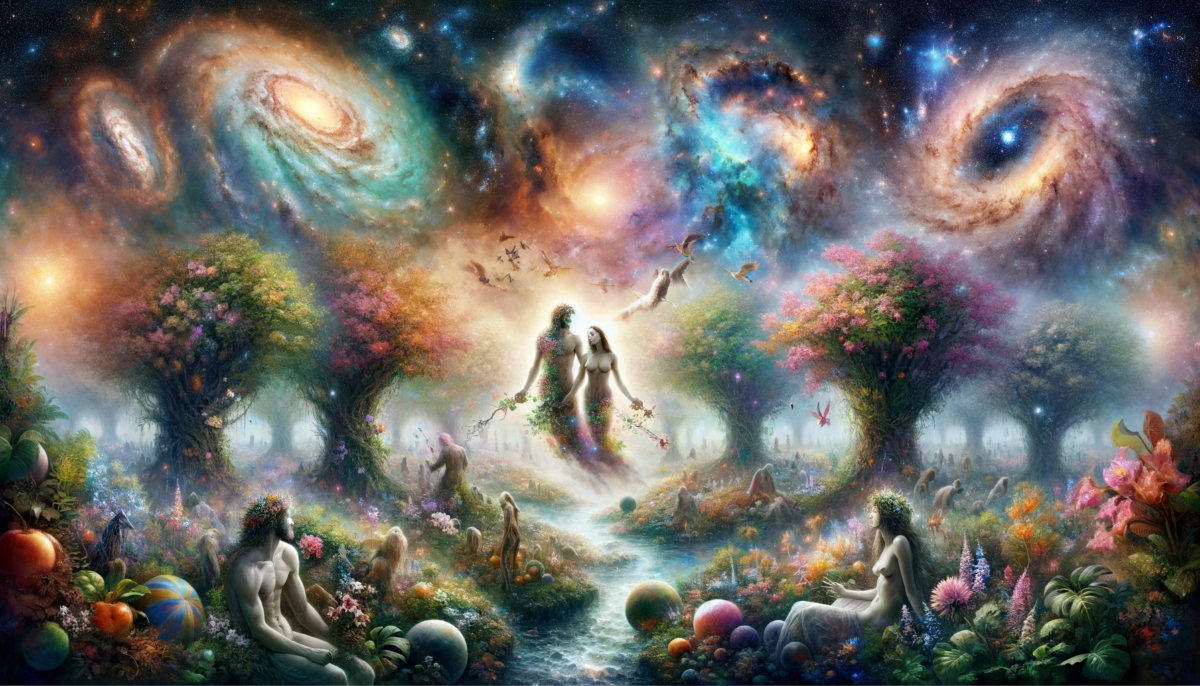
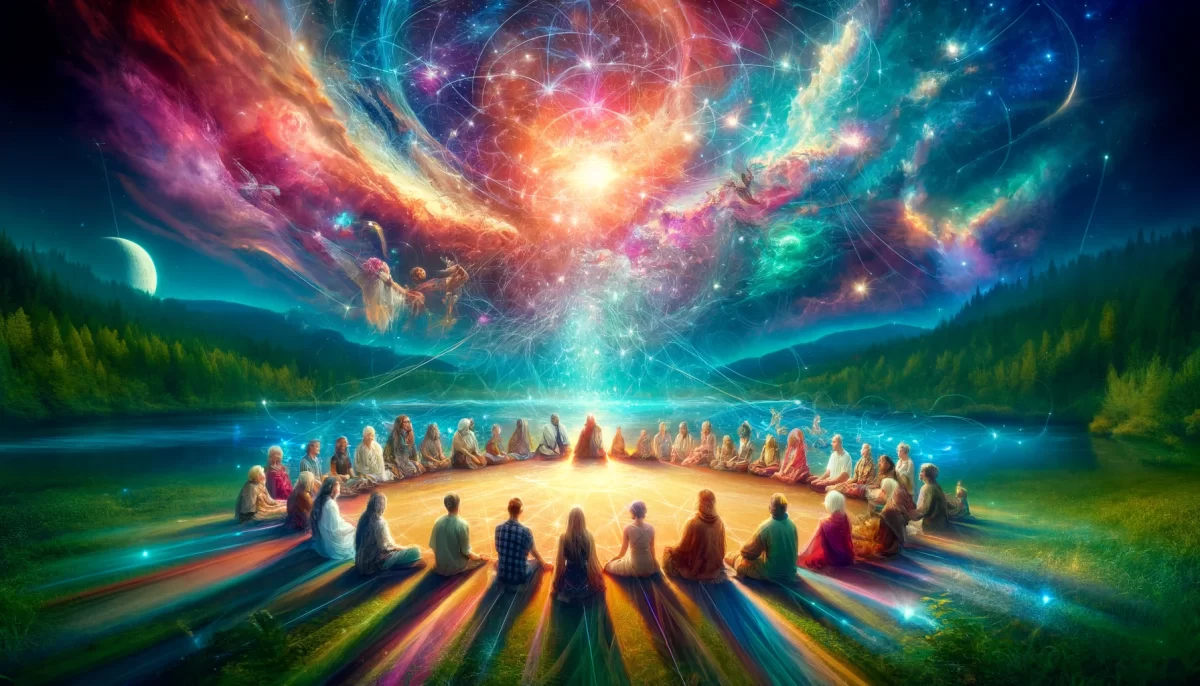
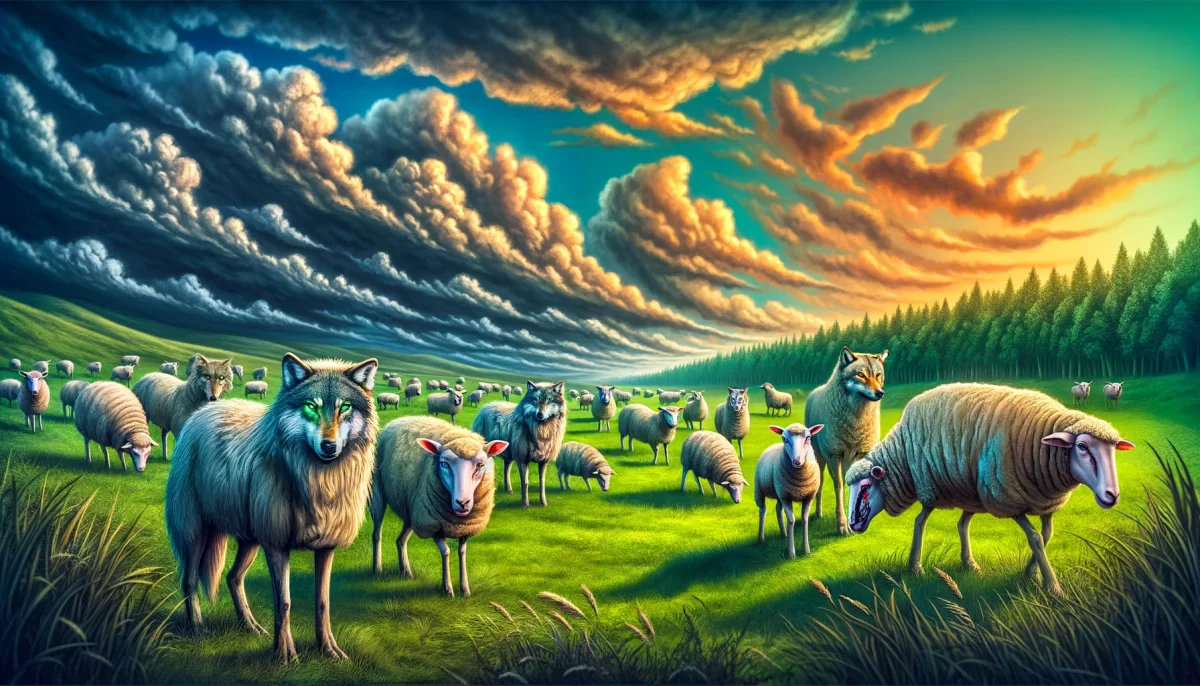
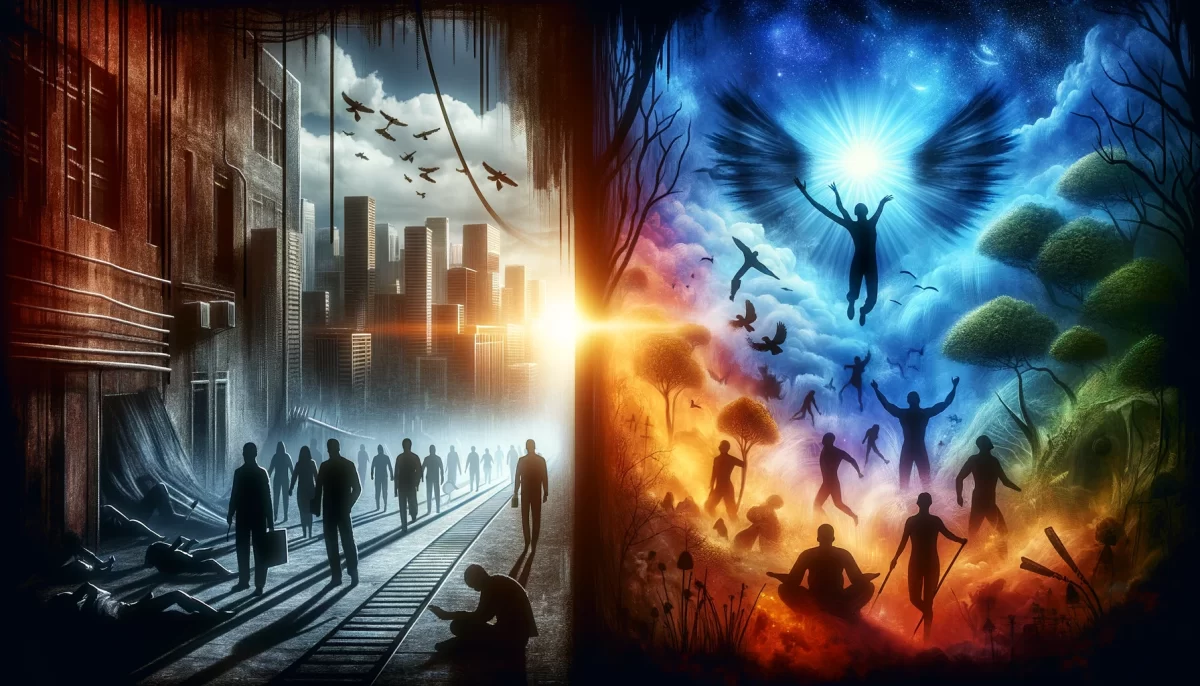
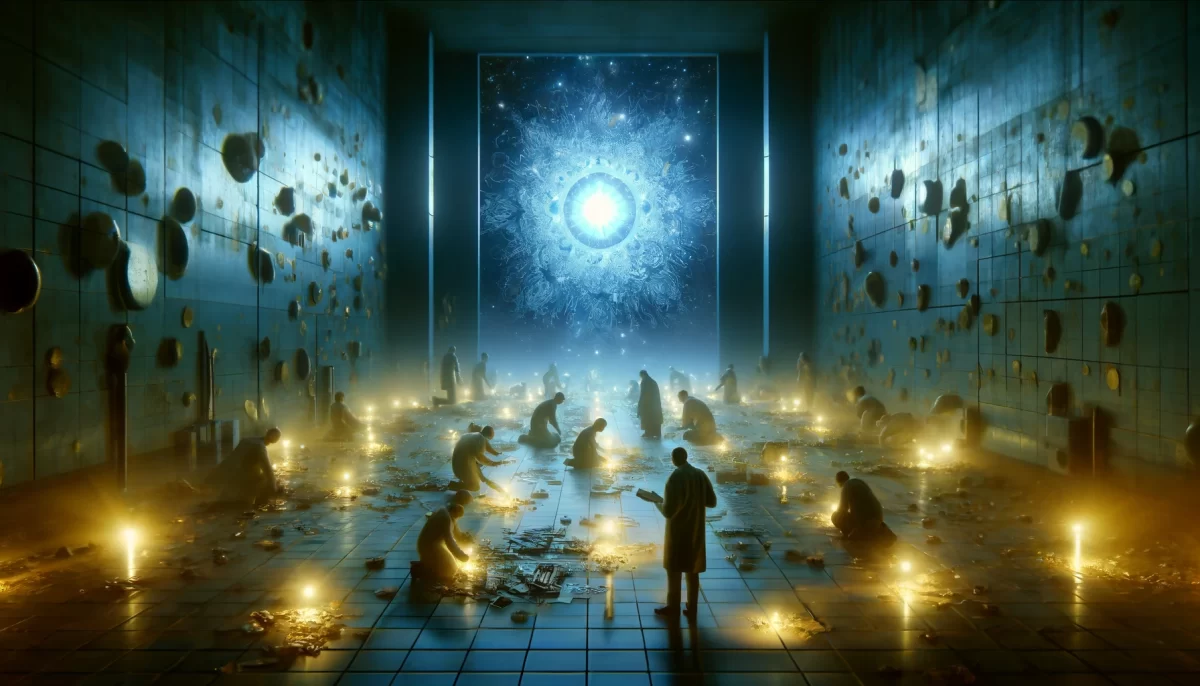
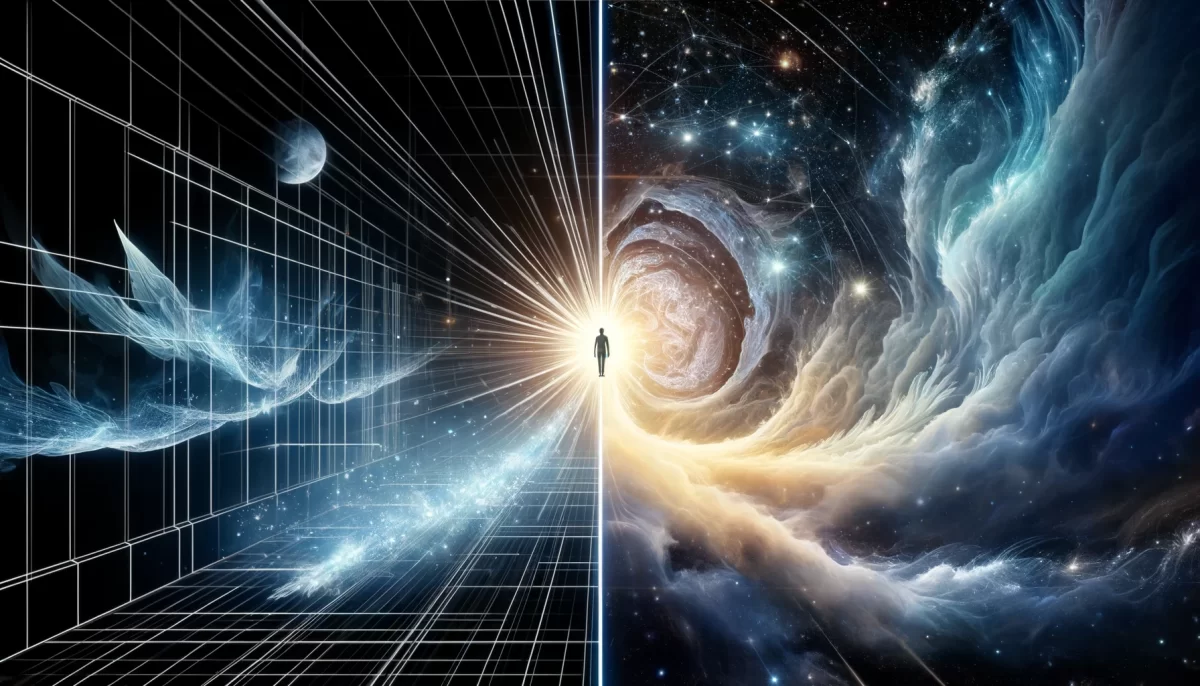
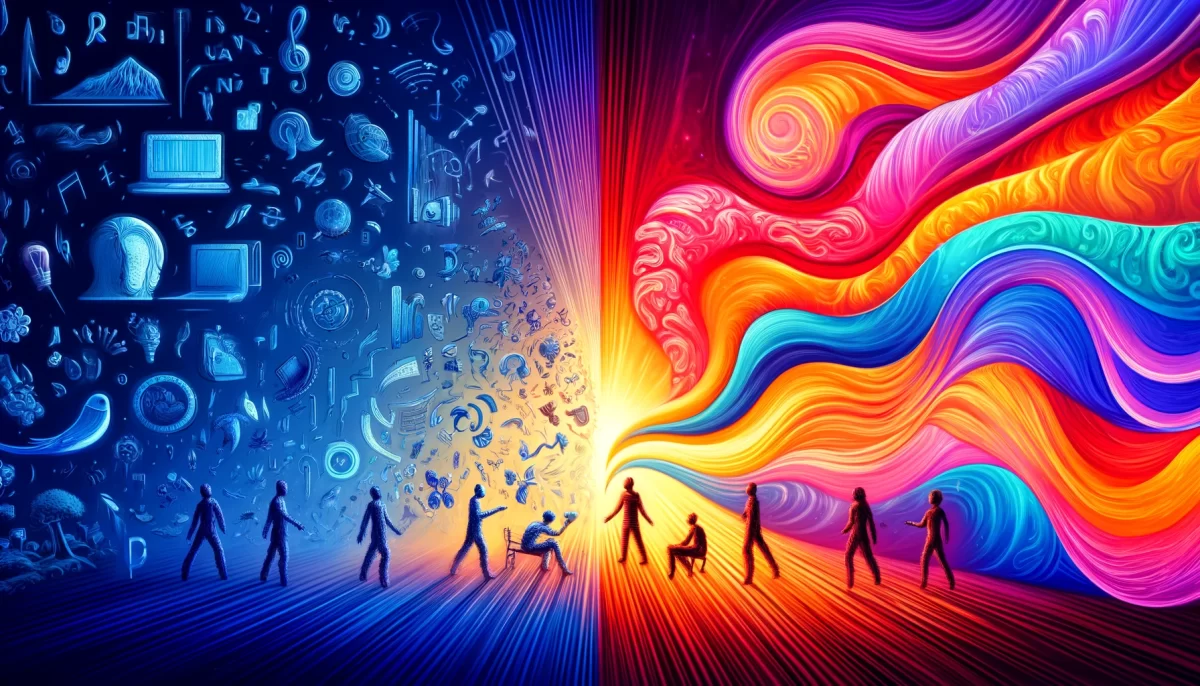
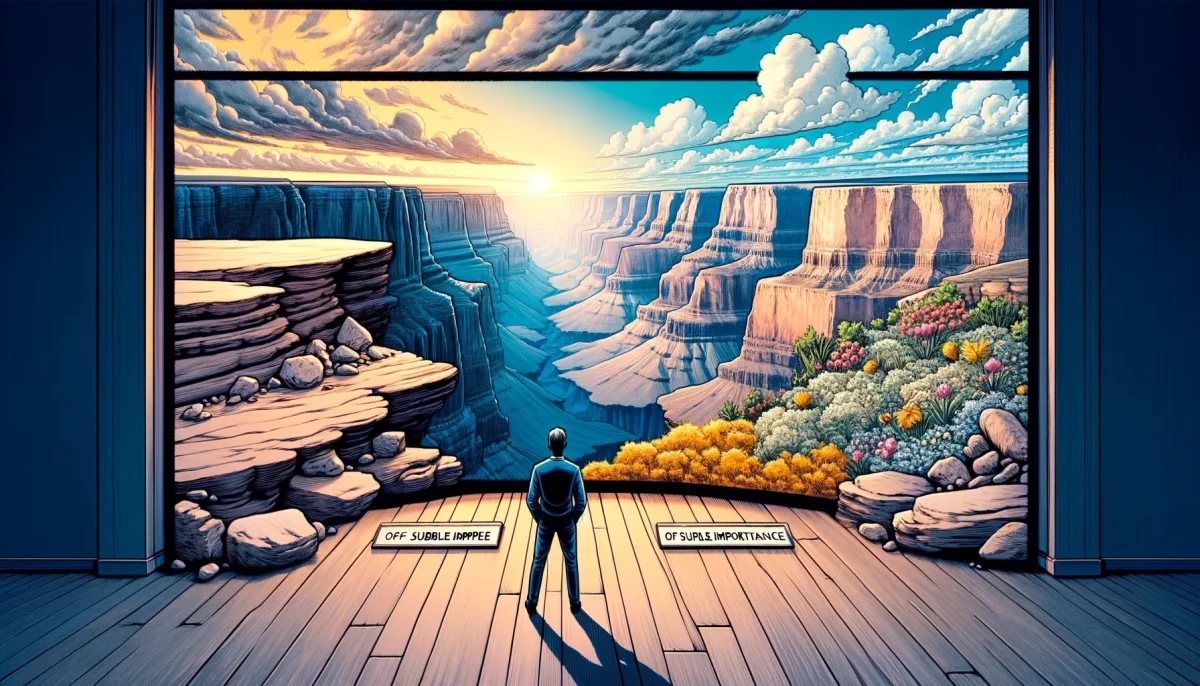
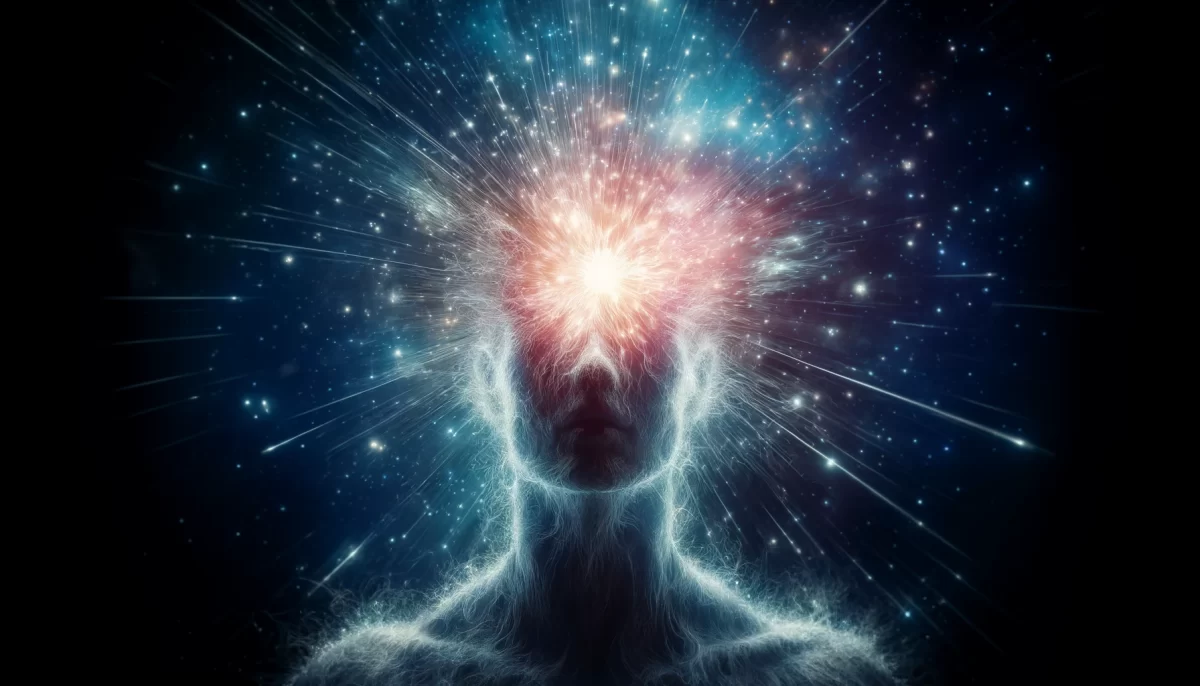




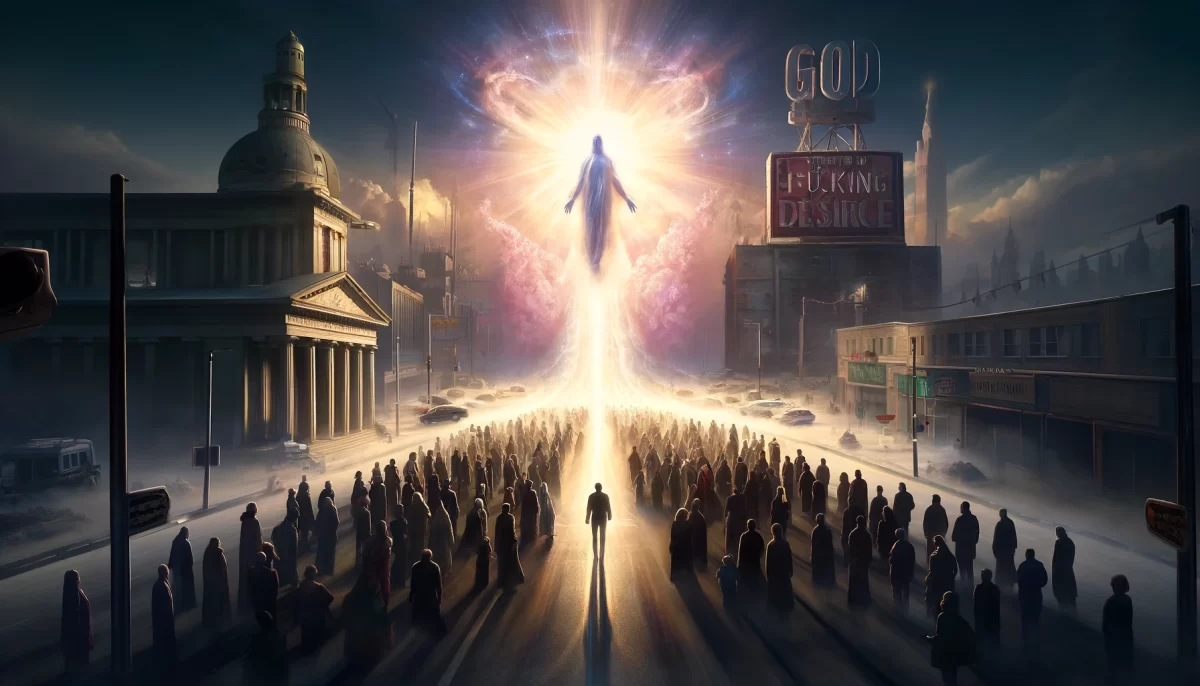
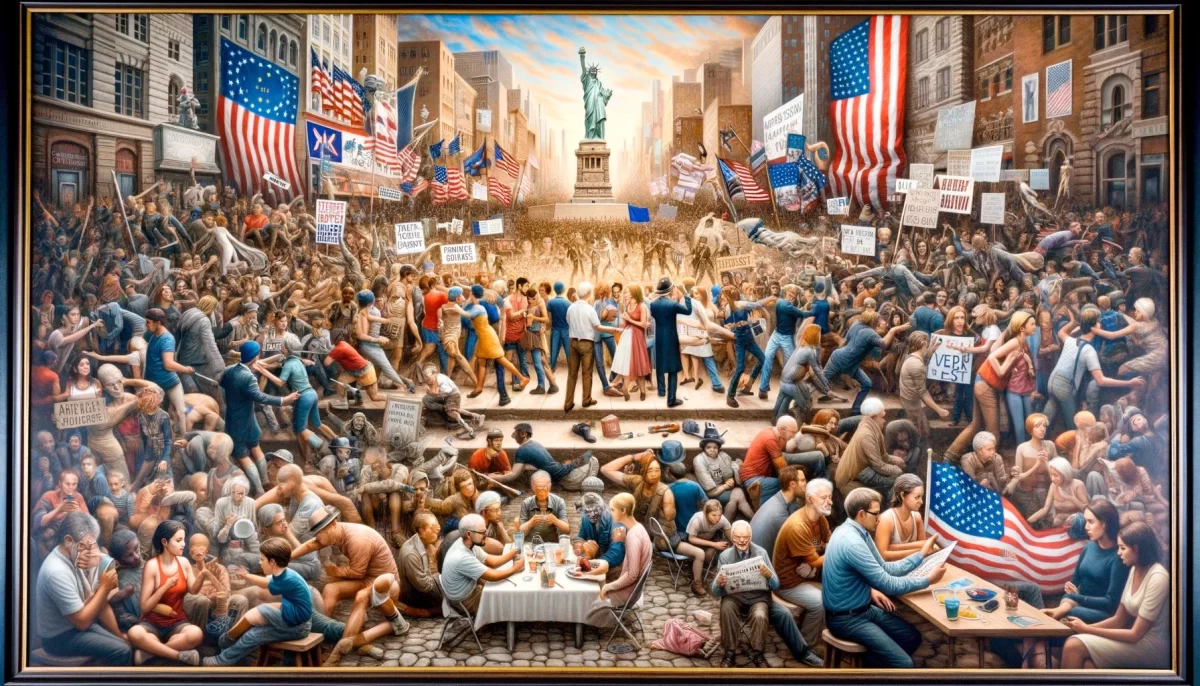
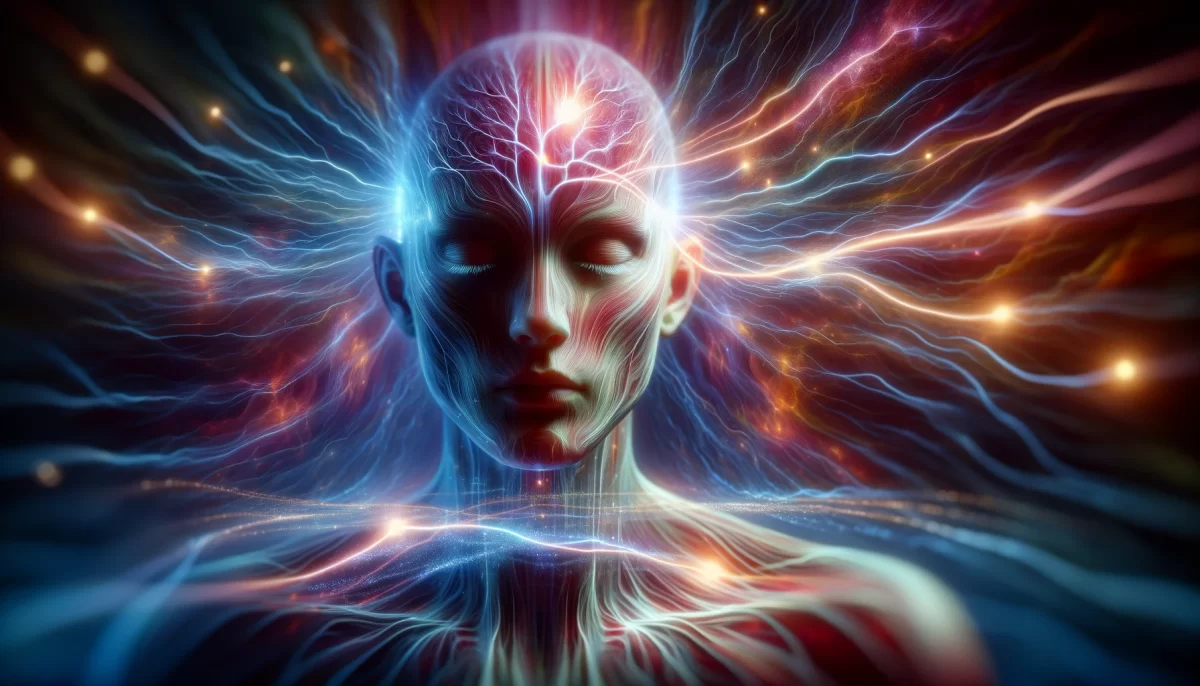
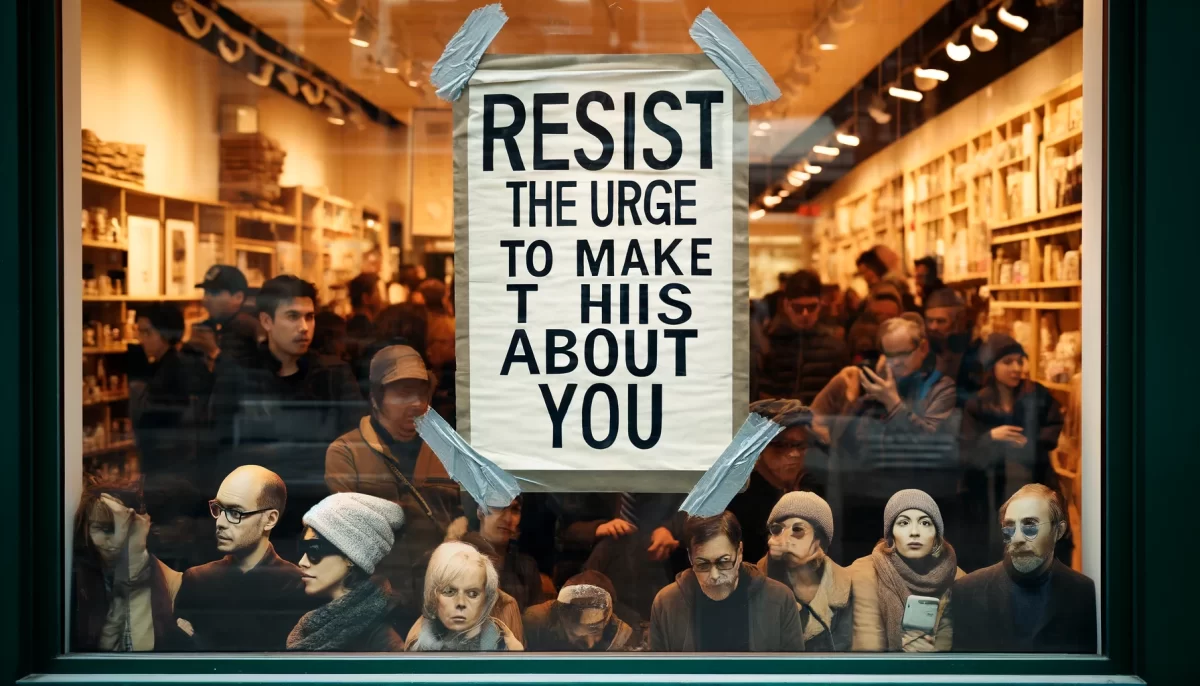
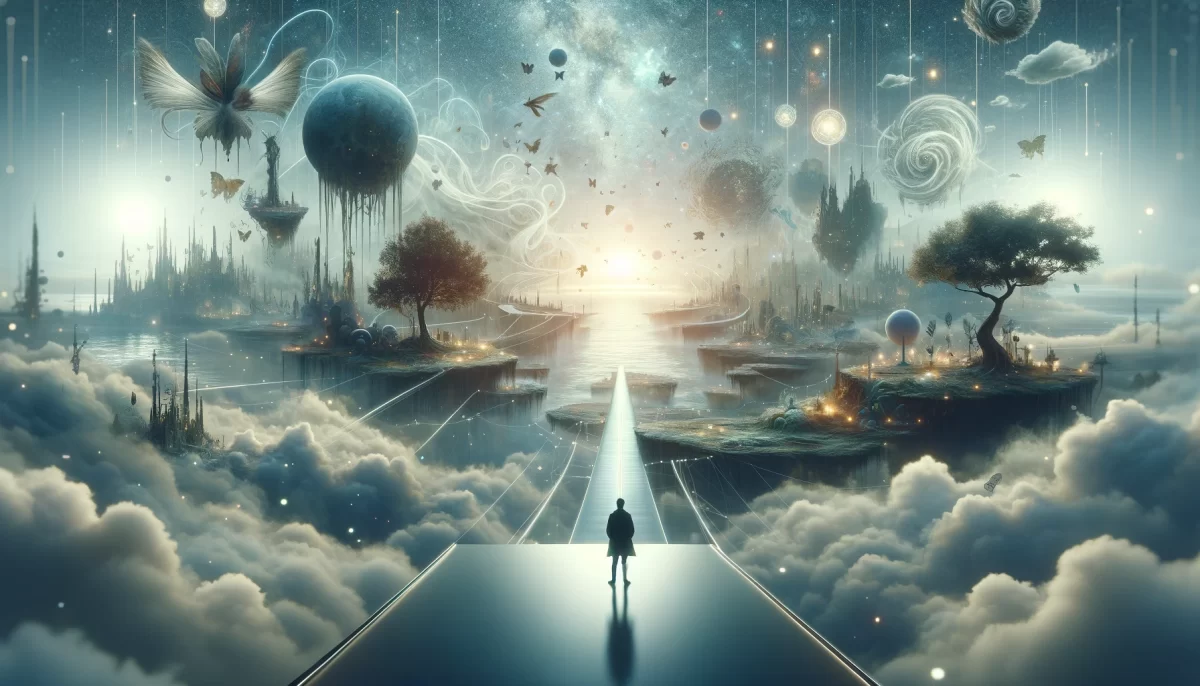
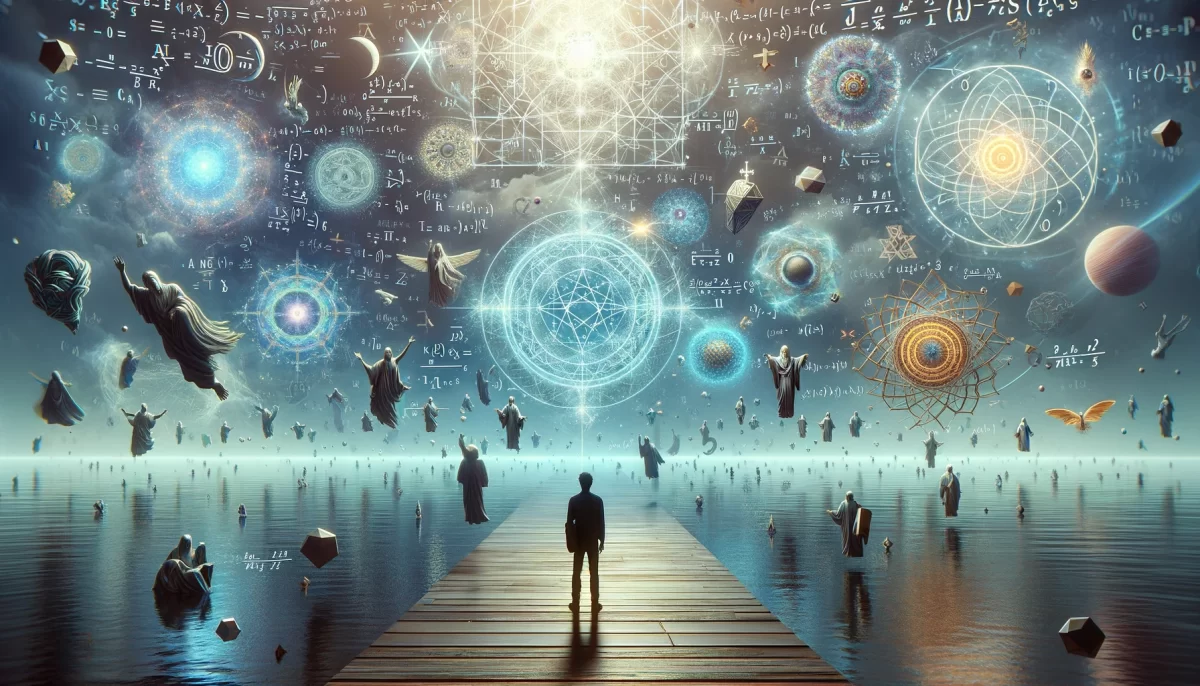
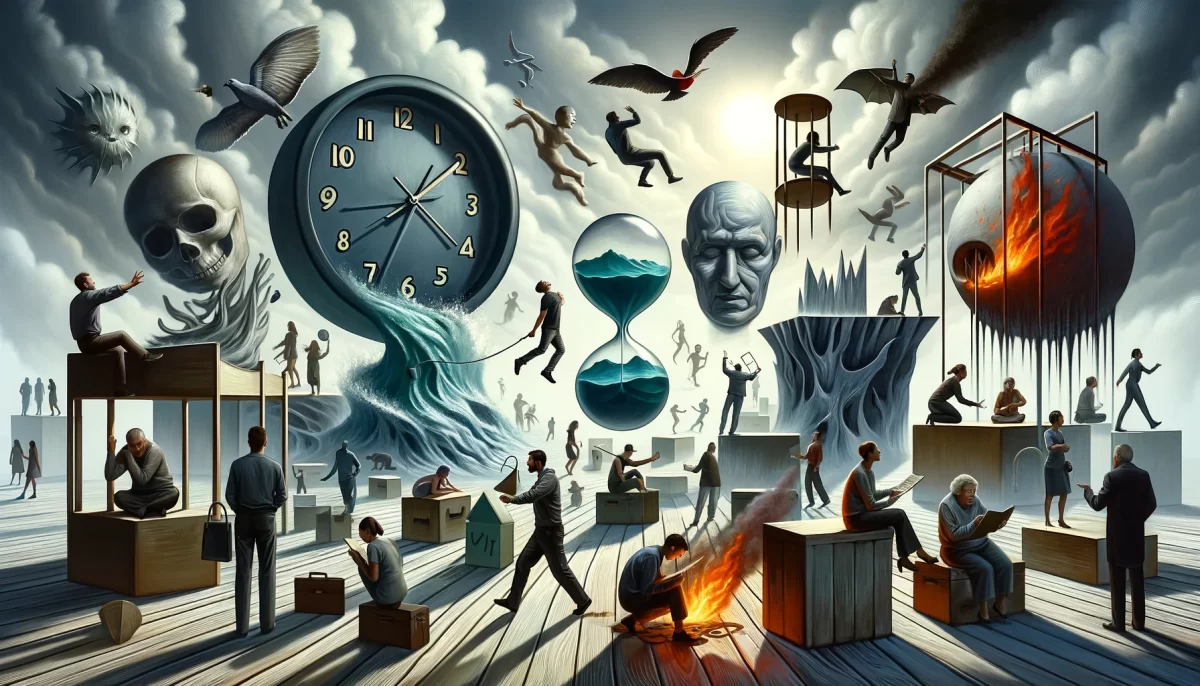
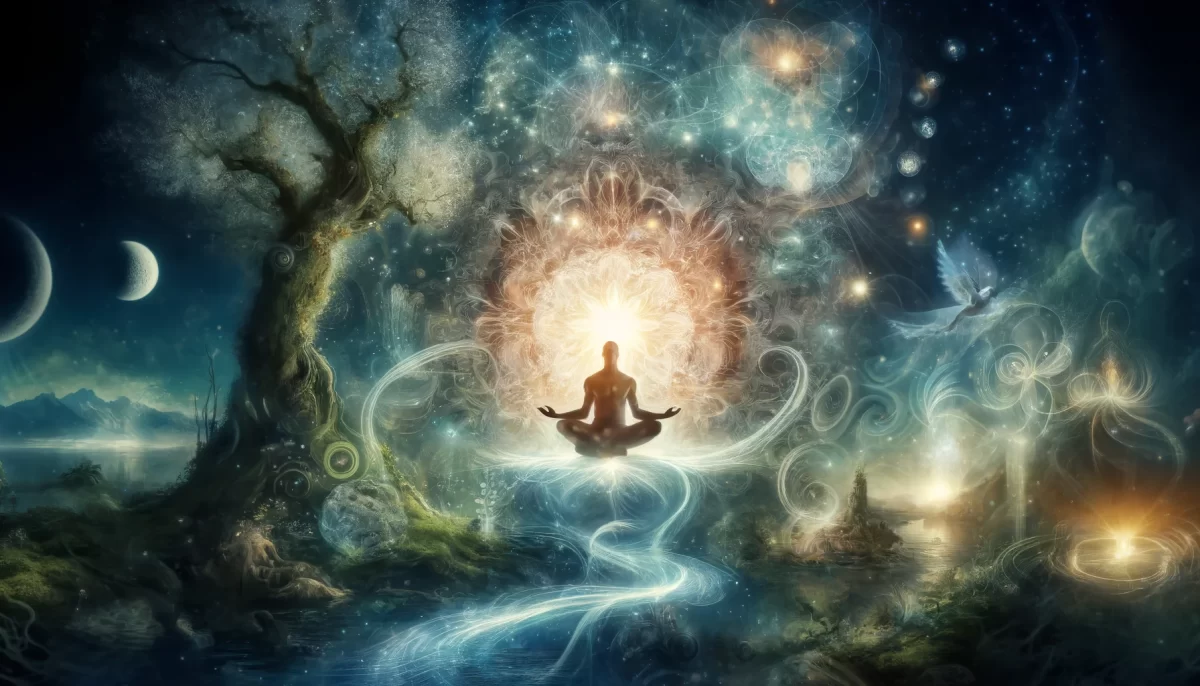
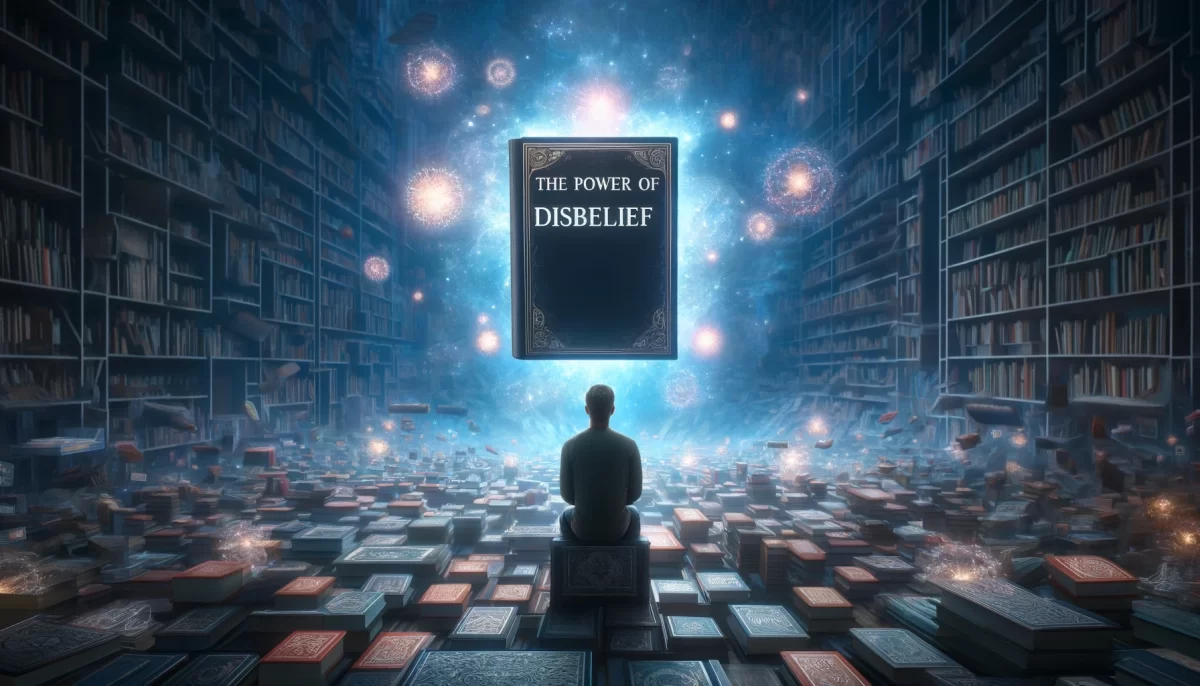
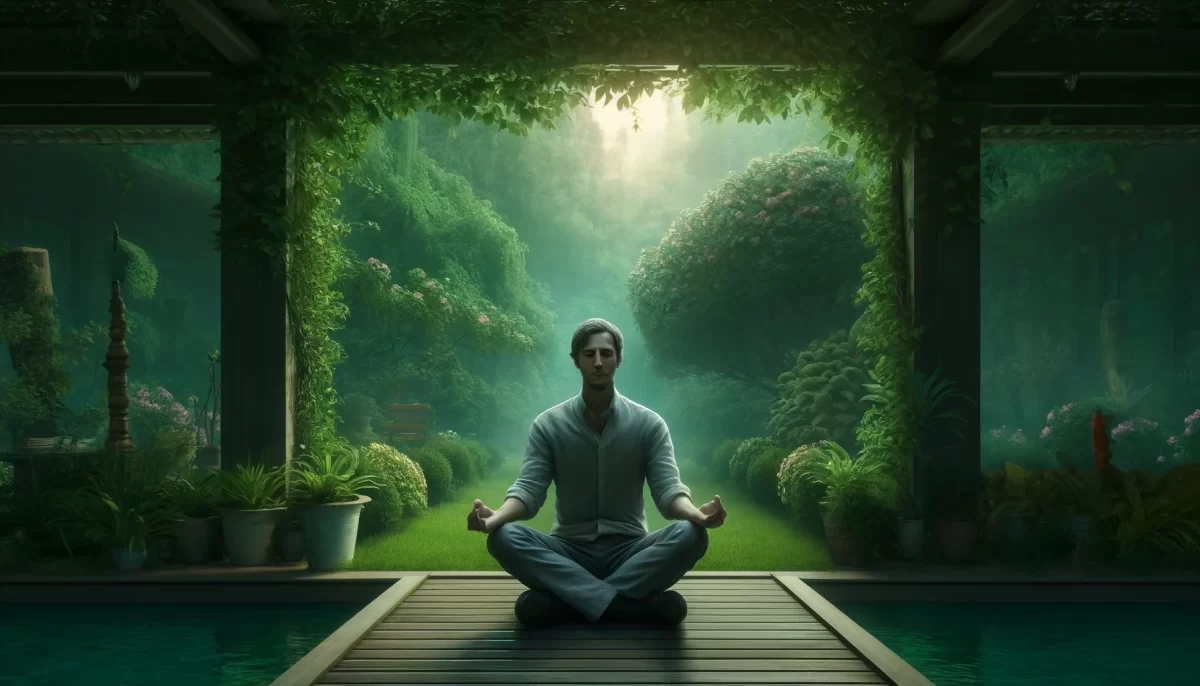
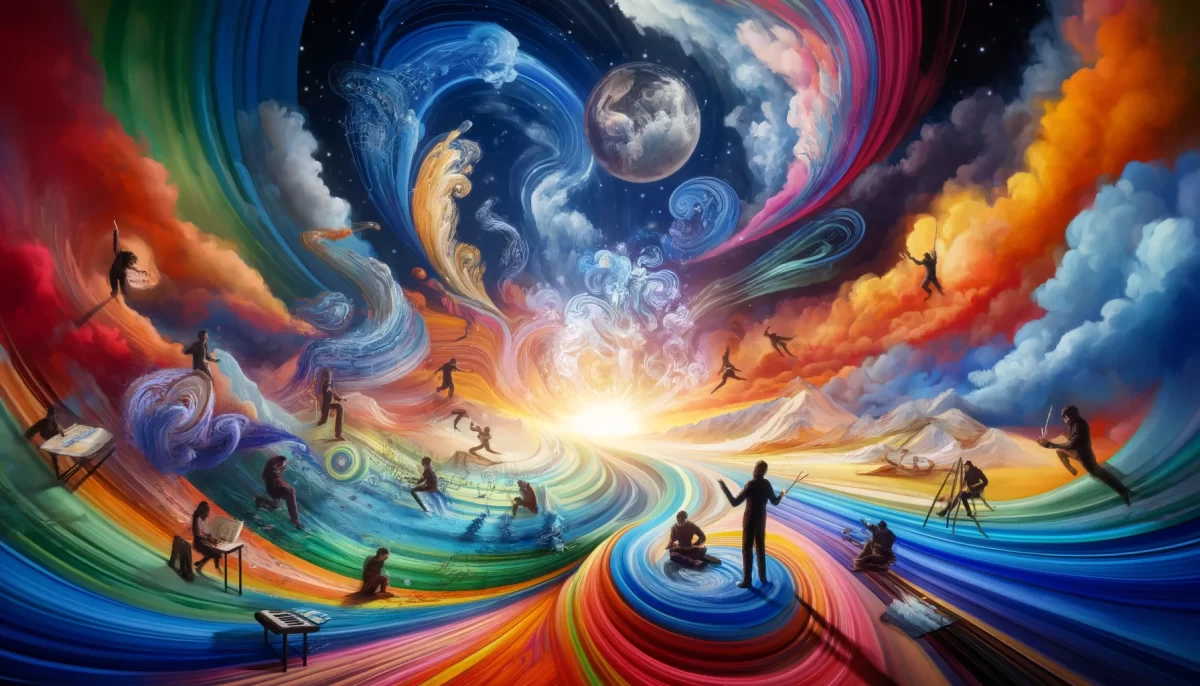
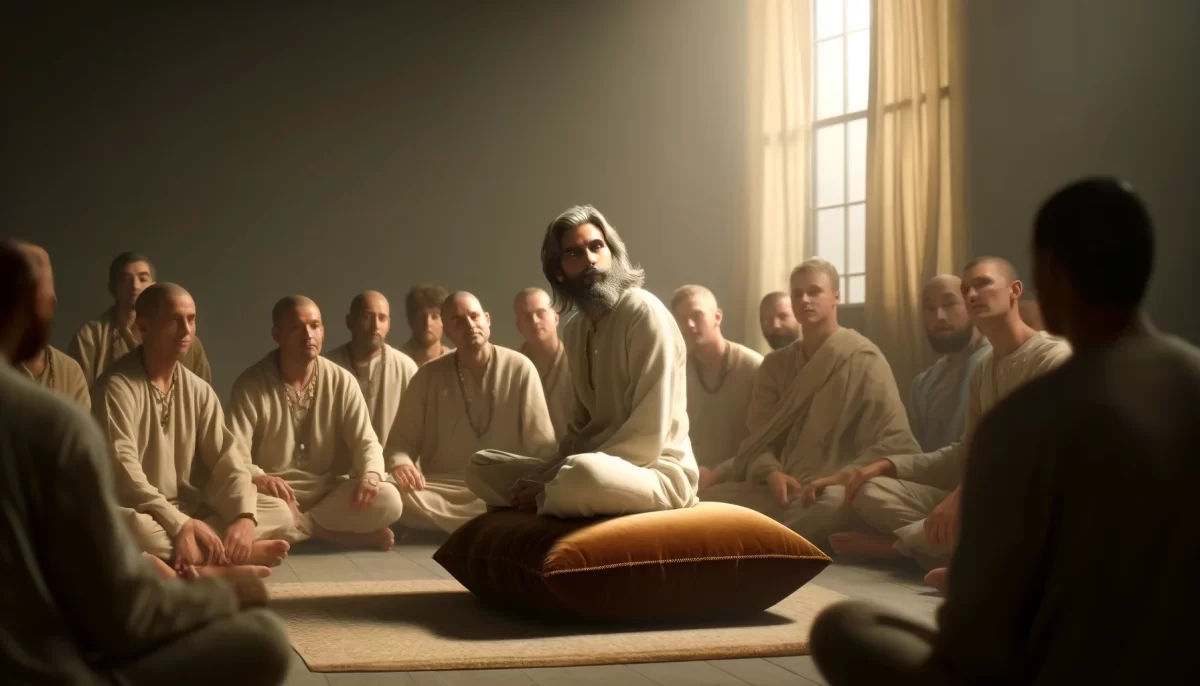
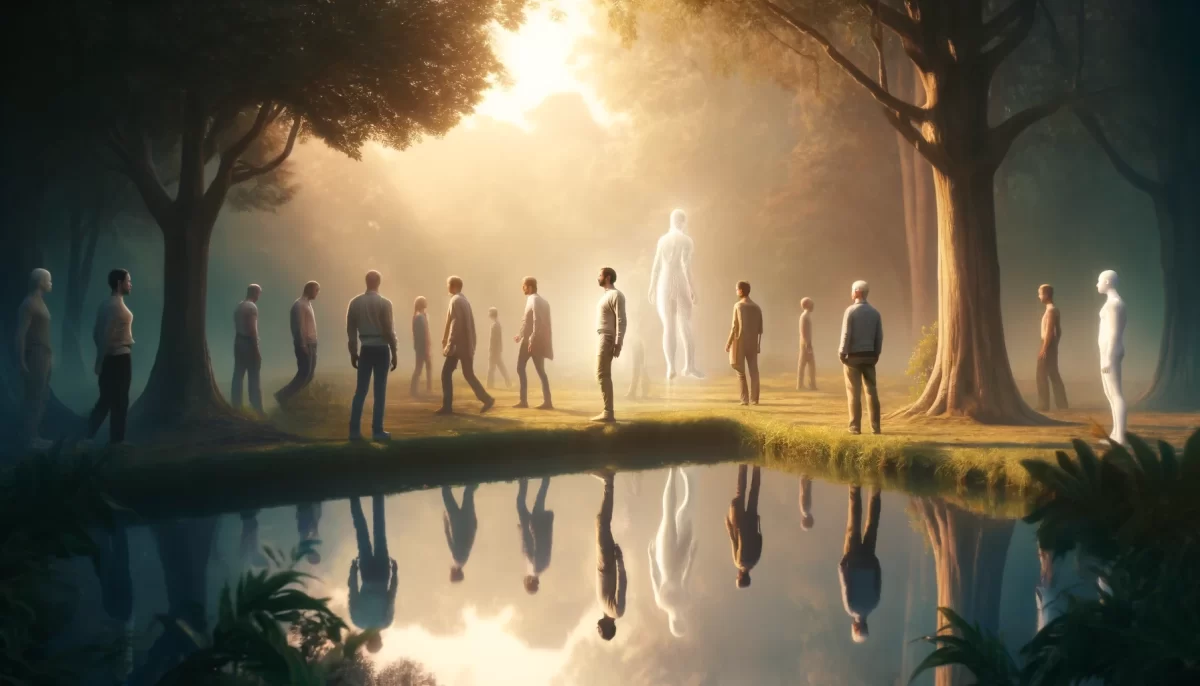

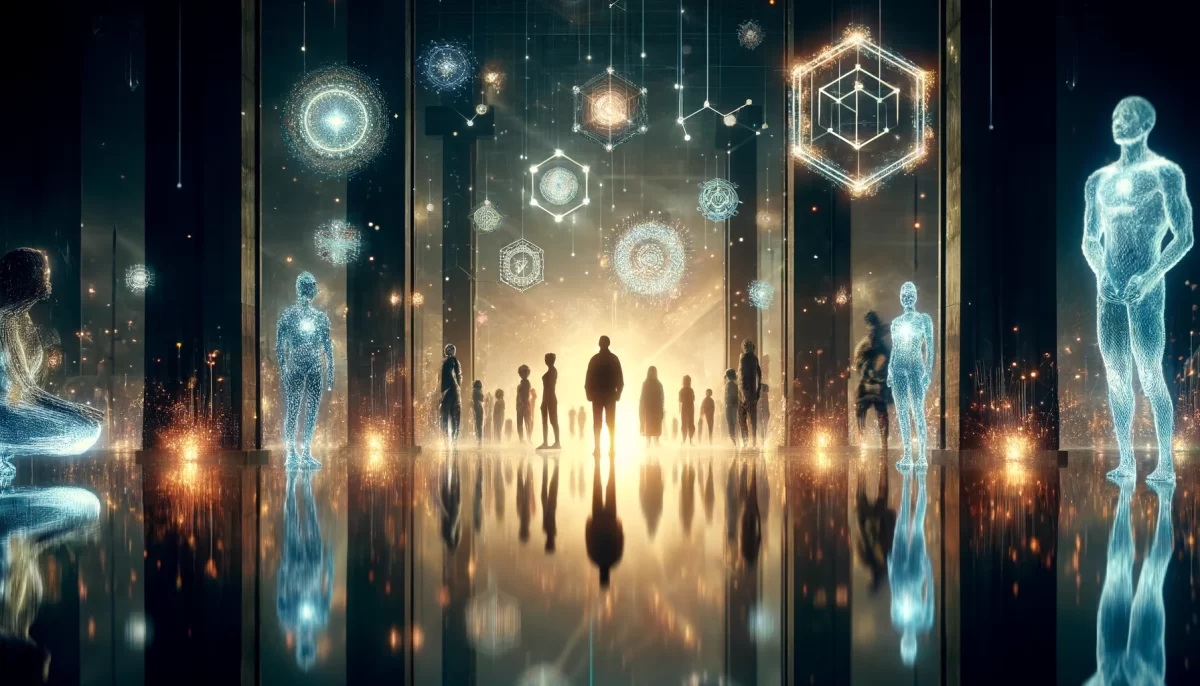
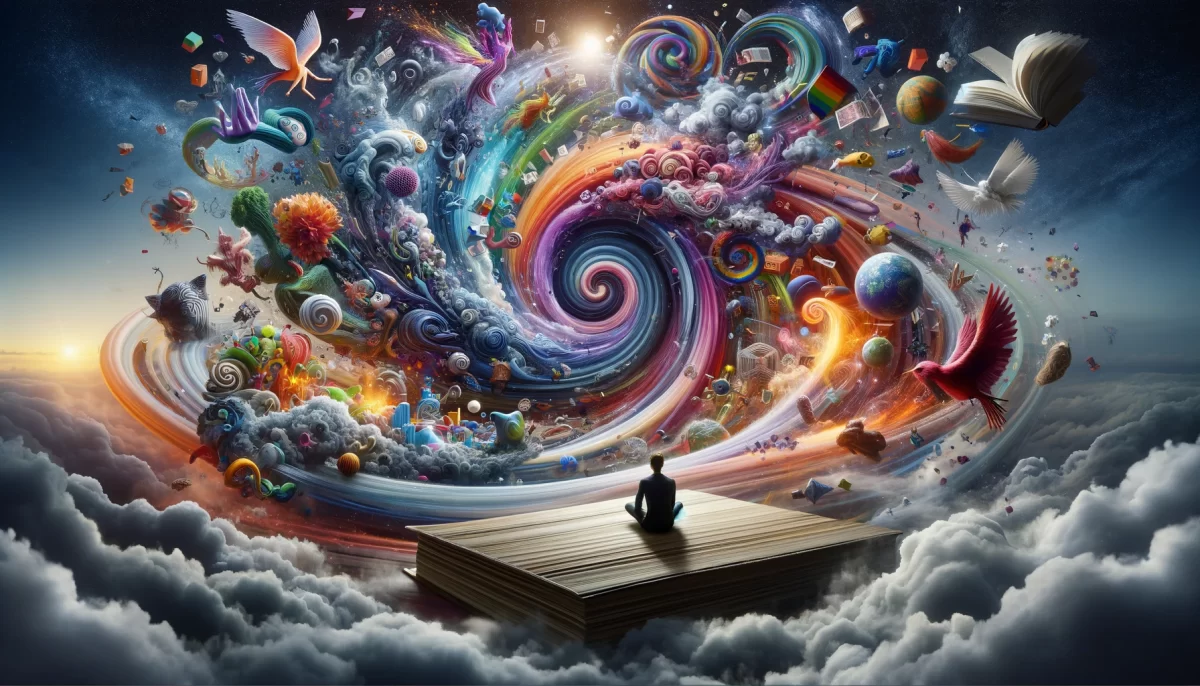
Leave a Reply